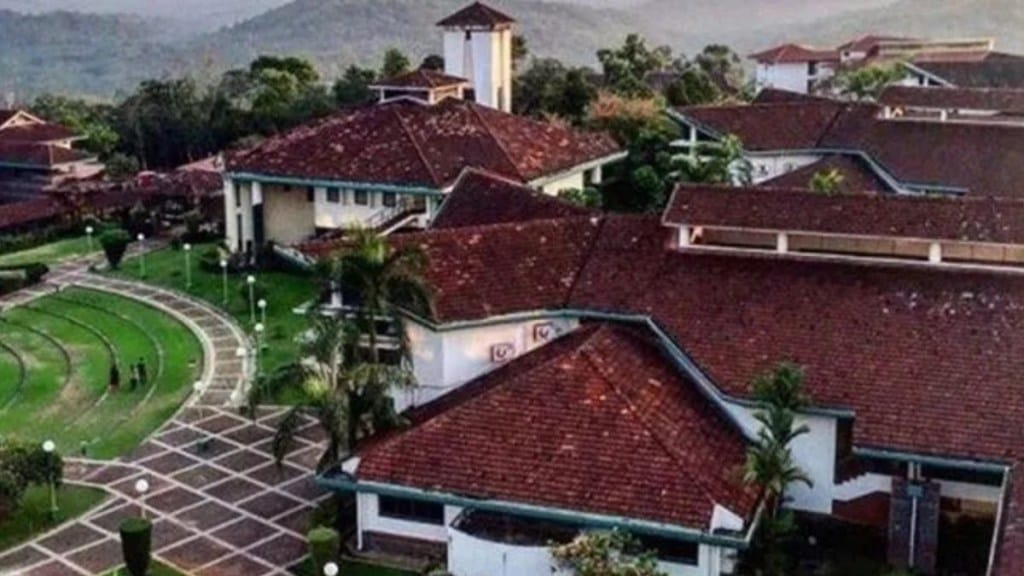In the last two decades during which B-school rankings became popular, there has been one constant — the top-three B-schools in India have been IIM Ahmedabad, IIM Bangalore and IIM Calcutta, famously called ABC. A couple of times, in some rankings, ISB Hyderabad has taken the lead, but no other IIM (there are a total of 20) has come close to ABC. Until last week. In the NIRF Rankings (Management) released on June 5, IIM Kozhikode (IIMK) jumped two ranks — from fifth in 2022 to third in 2023 — and thus ABC got changed to ABK (the top three now are IIMs Ahmedabad, Bangalore and Kozhikode).
Focus on excellence
Prof Debashis Chatterjee, director, IIM Kozhikode, told FE that the focus has been on excellence in all dimensions of institutional growth — from pedagogy to plumbing. “Breaking into the top three in NIRF and stepping up to global top 75 in FT Rankings was a pleasant surprise,” he said. “IIMs are excellent institutions. We build on each other’s strengths. The ABC with their quality of education and the legacy of 60-plus years are primed to perform well. To quietly work our way up replacing IIM Calcutta from the long-standing top three is a testament to the very ideals IIMs stand for — the pursuit of excellence and to keep going at it.” The NIRF Rankings factor in various competitive as well as exhaustive parameters. “Sometimes the underdogs are hungrier and try harder than the incumbents,” Prof Chatterjee added. “Perhaps that’s where new success stories like IIMK emerge from.”
From eighth to third
While IIMK had a two-rank gain in 2023 over 2022, in 2019 it had dipped to eighth spot, post which it worked on areas where it could make a big difference. For instance, in the parameter ‘Outreach and Inclusivity’, IIMK is today the best in India. “This is because we have always led from the front on the diversity aspect,” Prof Chatterjee said. “Be it academic, gender or geographical, our policies have encompassed diversity as the most critical aspect of our identity.” IIMK also gained more than other B-schools in parameters such as ‘Research and Professional Practice’ and ‘Peer Perception’. Today, it has six centres of excellence focusing on entrepreneurship and innovation; governance; digital transformation; social innovation; employment relations and labour studies; and banking, finance and macroeconomics. “Our library is the best-in-class in the area of management, and has added close to 40 new global databases to an existing set of 100, in just the past three years, to help researchers access the best,” he said. “Our faculty is regularly publishing in top-50 FT Journals, heralding a new era for this B-school in the south making its presence felt to the world.”
Female students
IIMK is the most diverse gender B-school in India. Today, 44% of its 1,280 full-time students are women. “The reforms we brought in in the past decade in terms of inclusive participation in gender have changed the IIM story for good. The overall percentage of women in management has made remarkable strides since IIMK’s first leap forward in 2013, which changed the composition of IIMs to greater than 50% women representation,” Prof Chatterjee said. “It was a significant turnaround from the historic 8-10% representation observed in the preceding 50 years.”
Female faculty
Today, IIMK has 26 women faculty members (25% of its faculty). “We also walk the talk,” Prof Chatterjee said. “The top decision-making leadership, our Board of Governors, consists of 50% women. It is the kind of messaging that comes from the very top that sets up an institutional/organisational culture.”
Next goal
Prof Chatterjee said that the immediate goal is to consolidate the standing in top three and endeavour to narrow down the gap with the top two performers. “We hope to carry forward our learnings and experiences from the NIRF’s improved showing to make further inroads into the global rankings system, having already made our mark in the QS World Rankings. Our vision of ‘Globalising Indian Thought’ has paved the way for creating a world-class institution,” he said.

